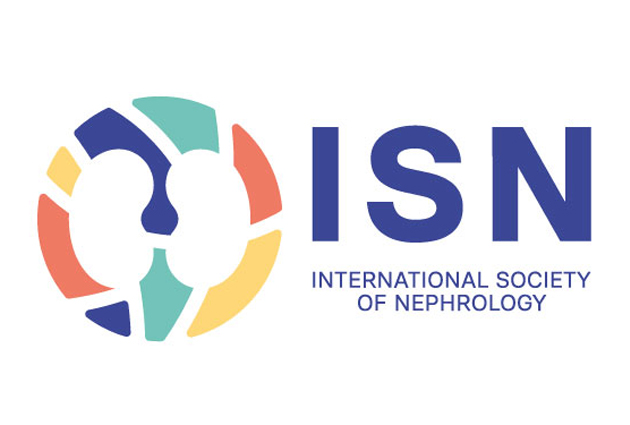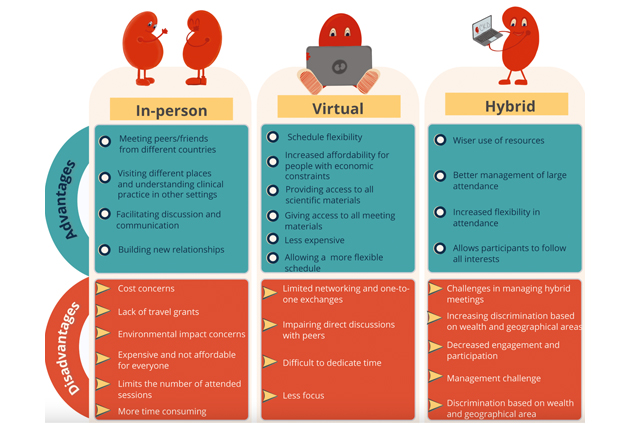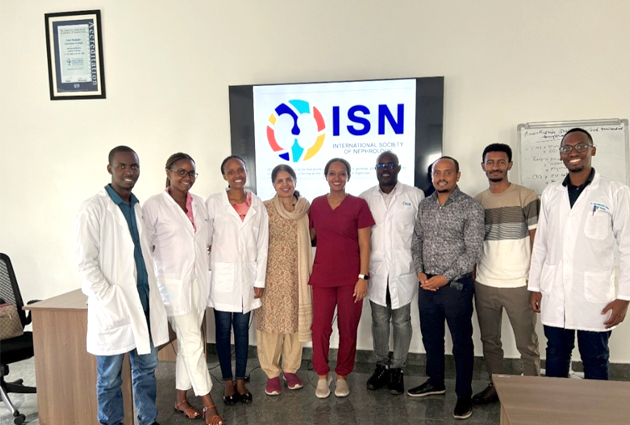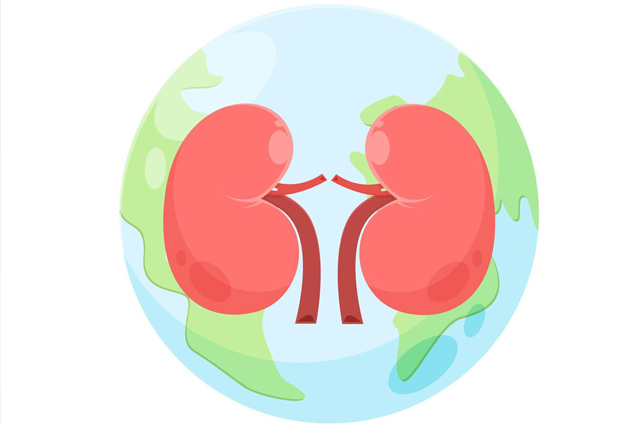ISN Forefronts: The metabolome and microbiome connection
 Kumar Sharma shares his views on the theme of the ISN Forefronts symposium – the interaction of the metabolome and microbiome and its link to kidney disease.
Kumar Sharma shares his views on the theme of the ISN Forefronts symposium – the interaction of the metabolome and microbiome and its link to kidney disease.
San Diego is the location of the first of two* ISN Forefronts Symposia in 2016. The city is the bed of much fundamental knowledge on metabolites that has led to many breakthroughs in understanding the topic.
“Alterations in the metabolism and gut microbiome may have very big impacts on the development of kidney disease,” explains Kumar Sharma Director of the Institute of Metabolomic Medicine at the Center for Renal Translational Medicine University of California, USA.
“Clearly diabetic kidney disease, which is the number one cause of ESRD in many parts of the world, is linked to metabolic effects. However, only recently have we discovered some of the underpinnings of how profoundly metabolic changes dictate the progression of many types of renal disease,” he adds.
In addition to the traditional evaluation of genomics and proteins, the comprehensive study of metabolites and lipid molecules has resulted in a new way of thinking about diabetic kidney disease, and has had an impact on diagnosis and new therapeutics.
The gut microbiome is also being increasingly recognized to play a major role in many disease states. Recent studies have now linked specific alterations in the gut microbiome to disease-regulating metabolites. There are likely other roles of the gut microbiome and the metabolome that can affect epigenetics, cytokines, the immune system and even hemodynamic effects related to kidney disease.
Kumar believes the format of ISN Forefront meetings is “ideal to bring forward top notch scientific topics and leading investigators to be introduced to nephrology challenges. Forefronts will facilitate new and established nephrology investigators to meet and network with the leaders in the field.”
About the program, he adds: “I am particularly looking forward to the new areas of technology and systems biology approaches that will link different datasets from metabolomics and microbiome to clinical parameters. By identifying novel links, a new biology will emerge that has not been considered before.”
There is much more to look forward to including talks on metabolic flux, which will explain unique contributions to understand metabolic changes from bacteria to mammalian cells. Other topics will be new techniques in imaging mass spec, lipid biology and links of metabolism to cancer and cardiovascular disease.
To register for this event or to submit an abstract visit: www.isnforefronts.org/sandiego
*The other being Vienna, December 9-11, 2016, on “Regulatory RNAs and the Kidney”











